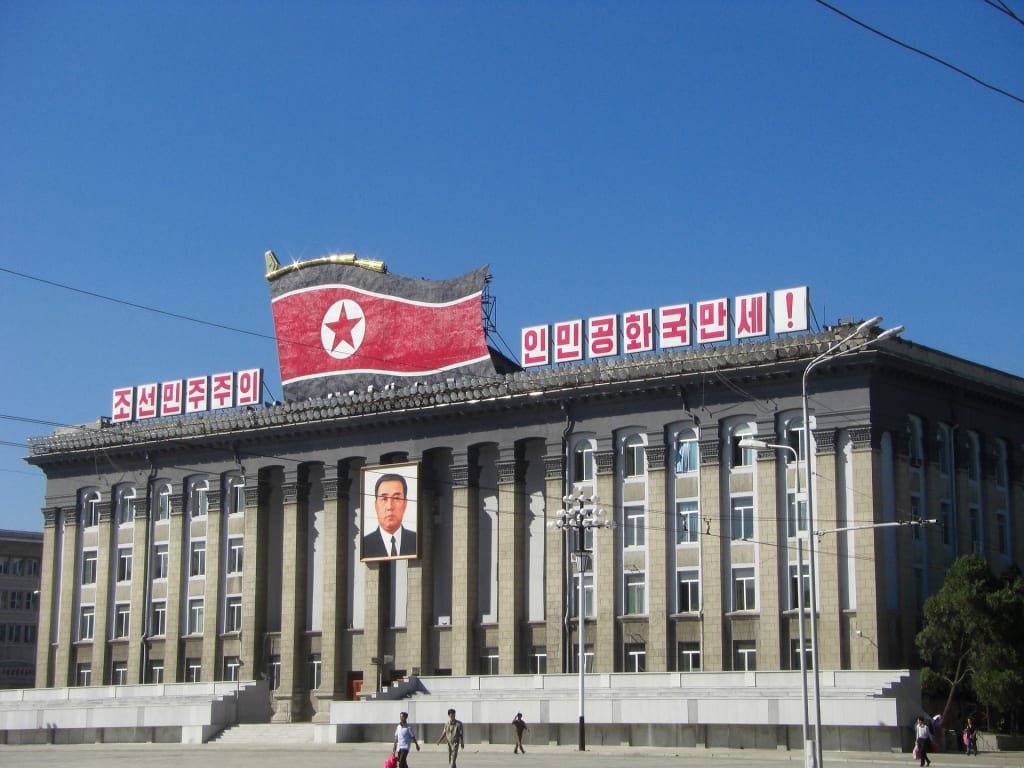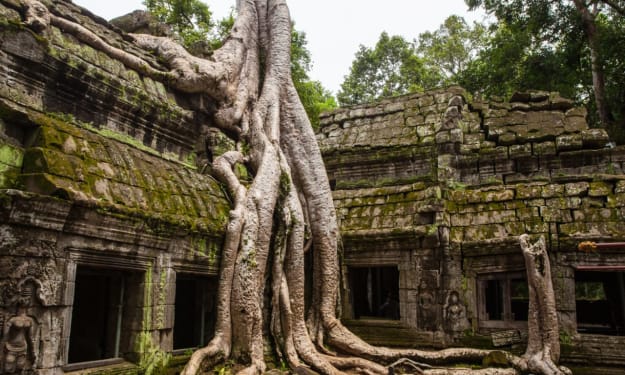The punishments of North Korea
North Korea's mystery

North Korea is known for being one of the most isolated and repressive countries in the world, with strict control over its citizens and limited access to information and outside influence. The country is ruled by the Workers' Party of Korea and its supreme leader, Kim Jong-un.
Mysterious of North Korea
North Korea is often referred to as one of the world's most mysterious and secretive countries, due to its closed society, limited information, and strict censorship. Some of the mysteries of North Korea include:
The Country's Leadership: North Korea is ruled by a single family, and there is very little information available about the inner workings of the government or the personal lives of the leaders.
The Economy: Despite being one of the poorest countries in the world, North Korea has managed to maintain a relatively high level of secrecy surrounding its economy and finances.
The Military: North Korea has one of the largest standing armies in the world, but little is known about the extent of its military capabilities or the conditions of its soldiers.
Propaganda: North Korea is known for its extensive use of propaganda and disinformation, making it difficult to distinguish fact from fiction.
Human Rights Abuses: North Korea has a long history of human rights abuses, but the extent of the violations is difficult to determine due to the country's strict censorship and limited information.
Nuclear Weapons: North Korea is believed to have developed nuclear weapons, but the extent of its nuclear capabilities and the nature of its weapons program are unknown.
Private Lives of Citizens: There is very limited information about the private lives of North Korean citizens, and little is known about their attitudes, beliefs, and experiences.
These mysteries contribute to the country's reputation as a secretive and enigmatic state that remains shrouded in mystery and uncertainty.
The punishments:
North Korea has a strict and brutal system of punishment, often involving forced labor, imprisonment, or execution. Some of the most common punishments in North Korea include:
Hard Labor: People who break the law in North Korea are often sent to forced labor camps, where they work long hours in harsh conditions.
Imprisonment: People who commit serious crimes are often sent to prison, where they may face brutal treatment, including beatings and starvation.
Execution: Capital punishment is used extensively in North Korea, and people are executed for crimes such as treason, espionage, and defection.
Deprivation: People who are seen as having dishonored the state or their families may be subject to punishment, including being deprived of food and other necessities.
Public Shaming: North Korea often uses public shaming as a form of punishment, such as forcing people to wear signs indicating their crimes or making them bow to a statue of the leader.
Banishment: People may be banished from their homes and communities as a form of punishment.
Forced Re-education: People may be subjected to forced re-education programs aimed at changing their political beliefs and attitudes.
Losing Job and Income: People may lose their jobs and sources of income as a form of punishment.
Isolation: People may be isolated from their families and communities as a form of punishment.
Propaganda Campaigns: People may be subjected to propaganda campaigns aimed at discrediting them or changing public opinion about them.
Property Confiscation: People may have their property confiscated as a form of punishment.
Travel Restrictions: People may face travel restrictions, including being banned from leaving the country.
Denial of Medical Care: People may be denied access to medical care as a form of punishment.
State Surveillance: People may be subject to state surveillance, including being followed or monitored by the authorities.
These punishments are meant to control the population and maintain the power of the North Korean government. However, they also lead to widespread human rights abuses and a culture of fear.






Comments
There are no comments for this story
Be the first to respond and start the conversation.